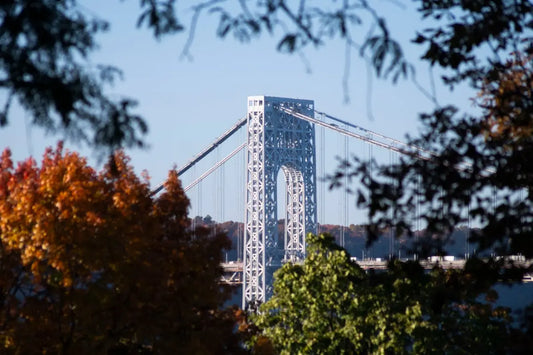In an era dominated by fast fashion, the concept of slow fashion has emerged as a sustainable alternative that prioritizes quality, ethics, and environmental consciousness. Understanding why slow fashion matters is crucial in combating the detrimental effects of the fast fashion industry.

The Rise of Fast Fashion and Its Consequences
The rise of fast fashion has reshaped the way we view clothing and shopping. With its rapid production cycles and emphasis on trendy, disposable garments, fast fashion has undeniably changed consumer behavior. This shift towards quantity over quality has led to a plethora of consequences, both social and environmental.
By focusing on mass-producing inexpensive clothing, fast fashion often exploits labor in developing countries where workers are paid unfairly and subjected to poor working conditions. Simultaneously, the industry contributes significantly to environmental degradation through excessive water usage, chemical pollution, and the generation of immense textile waste.
The cycle of fast fashion thrives on consumer impulses and the urge to stay on-trend. However, this emphasis on speed and low cost comes at a high price, with human rights violations, unsustainable practices, and a throwaway mentality being the norm. It’s essential to recognize the negative impact that fast fashion has on people and the planet.
What is Slow Fashion and Its Principles
Contrary to fast fashion, slow fashion embodies a different set of values and principles. At its core, slow fashion advocates for mindful consumption, emphasizing the longevity of garments over fleeting trends. By prioritizing quality, durability, and timelessness, slow fashion aims to create a more sustainable and ethical approach to dressing.
In the world of slow fashion, transparency is key. Brands that follow this philosophy often provide insights into their production processes, materials used, and the impact on communities and the environment. This openness fosters trust and allows consumers to make informed choices aligned with their values.
Craftsmanship plays a fundamental role in the realm of slow fashion. By valuing the art of making clothes, slow fashion celebrates skilled artisans and encourages a deeper appreciation for the work behind each piece. This focus on craftsmanship not only ensures quality but also preserves traditional techniques and supports local economies.
The Ethical and Environmental Benefits of Slow Fashion
Slow fashion brings a plethora of ethical and environmental benefits that are often overlooked in the fast-paced world of fashion. By prioritizing fair wages and safe working conditions, slow fashion champions human rights and supports the livelihoods of garment workers worldwide.
From an environmental standpoint, the impact of slow fashion is profound. By using sustainable materials, reducing waste, and lowering carbon emissions, slow fashion significantly decreases its ecological footprint. This mindful approach not only minimizes harm to the planet but also contributes positively to the health of ecosystems.
Additionally, slow fashion fosters a sense of community by valuing local production and empowering small-scale artisans. By investing in pieces that are made with care and attention to detail, consumers become part of a movement that values quality craftsmanship and the preservation of cultural heritage.
Consumer Empowerment Through Slow Fashion Choices
Empowering consumers lies at the heart of the slow fashion movement. By encouraging individuals to make thoughtful purchasing decisions based on durability and ethics, slow fashion shifts the focus from quantity to quality. This shift not only leads to a more sustainable wardrobe but also influences the industry towards responsible practices.
Through conscious choices, consumers have the power to demand transparency and accountability from brands, fostering a culture of ethical production and consumption. By supporting slow fashion, individuals become agents of change, wielding their purchasing power to shape a more equitable and environmentally conscious fashion landscape.
Choosing slow fashion is more than just a style preference; it’s a statement about values and priorities. By investing in timeless pieces that are made to last, consumers send a powerful message to the fashion industry that quality, ethics, and sustainability are non-negotiable aspects of modern clothing.
Fashion as a Form of Activism
Fashion has the remarkable potential to be a catalyst for change and a form of activism. Embracing slow fashion is not just about dressing differently; it’s about challenging the status quo of endless consumption and advocating for a more just and sustainable future.
Individuals who choose slow fashion engage in a form of silent protest against the fast fashion industry’s exploitative practices. By consciously supporting brands that align with their values, consumers become advocates for fair labor, environmental preservation, and social responsibility.
In a world where fashion trends come and go in the blink of an eye, embracing slow fashion is a radical act of resistance. It signifies a commitment to meaningful change, a rejection of disposable culture, and a step towards a more conscious way of living and dressing.



